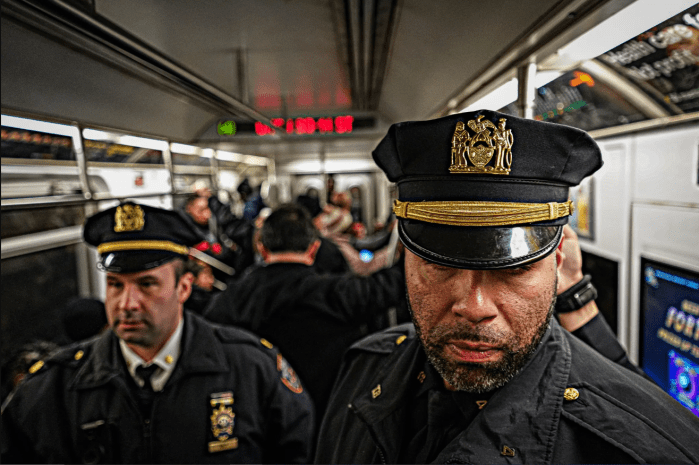For years Mayor Michael Bloomberg has campaigned against the easy availability of guns. This is a laudable goal as guns continue, even in low crime years, to take the lives of hundreds of New Yorkers. Bloomberg has also spoken out about the easy availability of assault weapons, which have played an important role in numerous mass killings such as last month’s theater shooting in Aurora, Colorado.
Bloomberg’s approach has been one of prohibition. He has urged Congress and local legislators to ban or otherwise restrict a growing list of guns as the best strategy for reducing the daily violence on inner city streets and in high profile incidents. To accomplish this he has spoken out personally, using his bully pulpit as the billionaire mayor of New York City, spent millions on media campaigns—including during the Super bowl, and spent big money to support pro-gun control politicians.
What these efforts share is that they are focused on stopping the supply of guns. Through new legislation and improved enforcement Bloomberg hopes to take guns out of the hands of the criminals. This is prohibition and interdiction at its finest and mirrors closely the effort to control drugs in the U.S.
The problem is that this approach has completely failed to reduce the availability of illegal drugs and has little chance of meaningfully reducing access to guns. While guns are harder to manufacture than drugs, the legal and political challenges to their being banned are much greater than for drugs. The efforts of the NRA combined with the ambiguous language of the Second Amendment almost guarantee that the manufacture and sale of a wide variety of guns will continue apace in large parts of the US. Bloomberg’s War on Guns has the potential to be as great a failure as the War on Drugs has been.
What then is the alternative? We need to do more to address the demand side. For many youth in our society guns are a symbol of power in world in which they are largely powerless. From suburban high school kids who are taunted and bullied to poor urban kids, who face failed neighborhoods, failed schools, and bleak economic prospects, the gun has a strong appeal as a tool of empowerment, however misguided or self-destructive.
If we are ever going to make substantial progress against gun violence in the U.S. we need to do more to address the needs of these young people by helping them to find alternative paths to personal safety, economic security, and psychic well-being. This is exactly the work being done by hundreds of dedicated community activists across the country, who are working with young people to try to make up for some of the deficits of family and community they encounter. These people work on shoestring budgets trying to build up the self-esteem of young people in desperate circumstances and show them a way to survive without picking up the gun.
Unfortunately, the Bloomberg administration has let these people down. Instead of working with local leaders to identify the programs that are really reaching these kids and helping them to expand their efforts, they have refused time and again to make serious investments in these kinds of demand side approaches. City Council Member Jumaane Williams of Flatbush recently announced his disappointment that several of the groups that have been identified through the City Council Gun Violence Task Force will not receive additional support from the Bloomberg Administration.
Police Commissioner Ray Kelly has not been much help either. He recently attacked community leaders for being more upset about the negative aspects of “stop and Frisk” policing than about pursuing efforts to stop gun violence. Stop and Frisk, like gun control, is also a supply side approach to reducing gun violence. It was particularly galling to many that Kelly would denigrate the hard work of community leaders fighting to reduce the demand for guns as a way of defending his own policies. Just as police departments have benefitted enormously from the supply side focus of the War on Drugs, they have also justified a wide range of policies and expenses with supply side oriented gun enforcement.
Bloomberg is not alone in this failing. Despite its commitment to opposing supply side efforts to control gun violence, the NRA has been no friend of demand side efforts either. Despite its massive lobbying capacity and ample funding it has made no effort to argue for increased funding of these kinds of programs or included them in its charitable giving.
The supply side focus of the War on Drugs has been a huge failure in reducing the availability or negative effects of drugs. Why should we think that a similar effort to control guns will be any more effective? Instead, we should invest in the young people at the nexus of both of these problems by improving the communities in which they live and offering them real opportunities for a positive future.
Alex S. Vitale is associate professor of Sociology at Brooklyn College and author of City of Disorder: How the Quality of Life Campaign Transformed New York Politics. He has written extensively about policing and is a frequent commentator on these issues in the New York Times, Wall Street Journal, NPR and many other media outlets. He is also a policy advisor to the Police Reform Organizing Project at the Urban Justice Center.
























